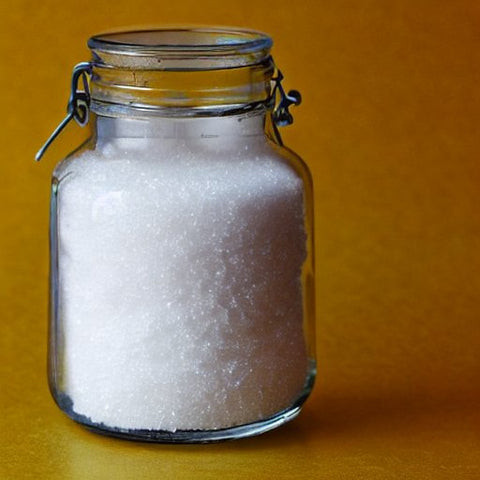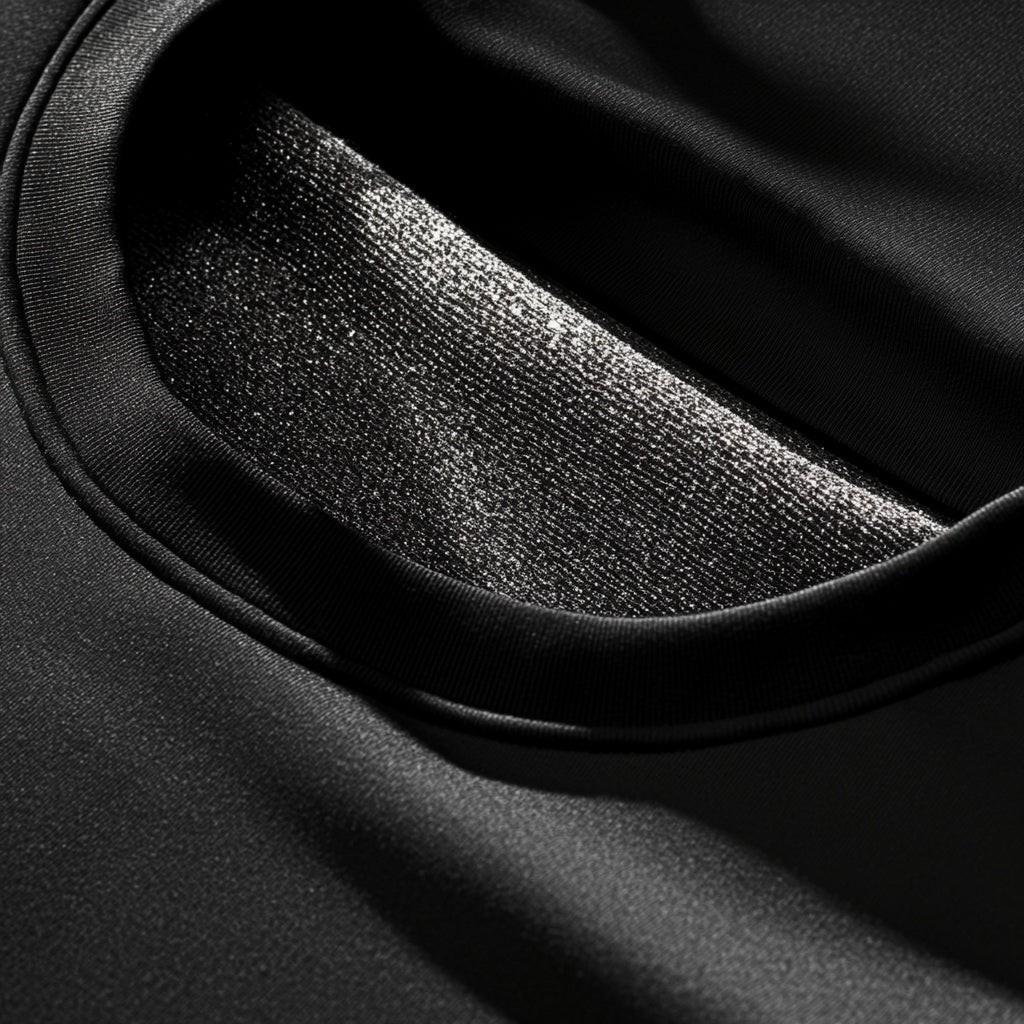Which foods are responsible for acne?
Even if it does not clear up acne on its own, eating a nutritious, well-balanced diet and drinking lots of water may help maintain your skin in good condition. Incorporating nutritious foods like veggies, good fats, and lean meats into your diet can also enhance your skin.
White bread, corn flakes, and puffed rice are examples of foods that should be avoided as much as possible since they have a high glycemic index and may contribute to breakouts.
Which meals are known to trigger pimples
- Foods with a high glycemic index, such as white bread, sweet beverages, and confectionery, are known to cause a sharp increase in blood sugar levels, in addition to causing irritation and pimples.
- Milk, cheese, and yogurt are examples of dairy products that contain hormones and growth factors that, when consumed, can cause an increase in sebum production as well as irritation in the epidermis.
- Fast food, packaged munchies, and other types of junk food are examples of fatty and cooked foods that can contribute to increased oil production and irritation in the epidermis.
- Consuming foods that are high in saturated and trans fats, like red meat and packaged treats, can contribute to an increase in oil production as well as irritation in the epidermis.
- There is inconclusive evidence linking chocolate and caffeine consumption to a rise in acne severity; however, some studies have found a connection between the two.
- Hot meals, which can cause redness and irritation in the face, and can make acne worse in people who already have acne.
- Things that you might be intolerant to or susceptible to, which are known to be the root cause of acne and irritation in some people. This differs from person to person and may necessitate specific testing as well as alterations to one's nutrition.
Sugar
In addition to the fact that sugar is a drug that may lead to addiction, it is also capable of having a detrimental effect on the health of your skin. The good news is that there are a lot of things you can do to stop breakouts from happening and plenty of treatments for them if they do.

To begin, you have to have an understanding of what causes acne:
Acne is caused by an excessive amount of sebum being produced by the oil glands in your skin, which then causes the pores to get clogged. The overproduction of sebum also causes inflammatory responses, which result in an excessive amount of microorganisms and dead skin cells on the skin.
The surge in blood sugar that results from consuming a meal that is heavy in sugar causes an overload of insulin to be produced, which in turn may promote inflammation and the creation of sebum. Because of this, it is essential to stay away from meals that score high on the glycemic index, which evaluates the rate at which certain foods elevate the amount of sugar in your blood.
Because foods with a lower glycemic index include more nutrients, you want to incorporate them into your diet on a more regular basis. Whole grains, fruits, and vegetables are all included in this category.
You may lower the amount of refined sugar you consume by avoiding foods and beverages that contain it and/or lowering the quantity of sugary foods and beverages that you consume. The most effective method for doing this is to pay close attention to the lists of ingredients on packaged goods and to steer clear of those that include added sugars, such as sodas, candies, cereals, pasta, and other processed meals.
You may cut down on the amount of sugar you eat in another manner by becoming familiar with the so-called "hidden sugars" that are listed under various names on product labels. These secret sweeteners may be discovered in a wide variety of processed foods, including yogurt, candy, ice cream, and other desserts.
You should eliminate these sneaky sources of sugar from your diet since they are equally damaging to your complexion. You may enhance your health by avoiding certain foods and becoming an expert at detecting them, which is the first step.
Consuming nutritious food is one of the most important things you can do to maintain your skin healthy from the inside out. This requires consuming a diet that is well-rounded, staying away from processed foods, and consuming a lot of water.
In addition to this, it is beneficial to avoid stress and get enough sleep in order to keep your skin clean and healthy. You need to see a dermatologist in order to obtain an accurate diagnosis of your acne and to get advice on the best skincare routine suited to your individual skin type. Your dermatologist should be able to modify your skincare regimen to address your specific concerns and assist you in achieving your desired appearance.
Dairy
Acne is a skin condition that may be brought on by a variety of different triggers. For instance, one's diet may have a significant effect on the overall health of one's skin. In addition, according to dermatologist Rachel Nazarian, MD, FAAD, stress and hormones may both play a role in the onset of acne outbreaks.
Milk and other dairy products, such as cheese and other types of cheese, are excellent sources of protein as well as other nutrients. In addition, they are rich in calcium, which helps to strengthen bones and teeth and promotes overall good health.
However, the reason why dairy can be associated to acne outbreaks is not entirely apparent. Some industry professionals are of the opinion that consuming dairy products may create inflammation in the body and boost the production of sebum, two factors that can lead to pores being blocked.
Some people are of the opinion that the growth hormones that are present in milk that comes from cows that have been artificially handled might throw off the normal hormone balance in your body and cause acne. In addition, elevating insulin levels, which may also result in breakouts, can be caused by consuming dairy products along with processed meals.
It is feasible to reduce the amount of dairy you consume and check to see whether this makes a difference in your acne, despite the fact that there is no proof that proves dairy causes acne. You may also keep a diet journal to see whether or not certain foods, such milk or gluten, are contributing to the outbreak of your acne.
Because the link between the two isn't completely known, it might be difficult to conclusively determine which meals cause acne. The major reason for this is that the relationship isn't entirely recognized. This is due to the fact that there are a large number of factors that might influence how your body responds to certain kinds of food.
Persons who drink a lot of dairy are more likely to get acne than people who don't consume dairy, according to the findings of a number of studies. To begin, dairy products have a higher glycemic index rating than the majority of other foods, which means they have the potential to rapidly boost blood sugar levels.
According to the findings of another research, persons who drank low-fat and skim milk were more likely to develop acne compared to those who drank whole milk or full-fat milk.
According to these results, those who have acne-prone skin should either lower the amount of dairy they consume on a daily basis or switch to a non-dairy substitute for their regular intake, such as soy milk.
In the end, it all comes down to determining what's best for you. If you discover that consuming dairy products often causes acne outbreaks for you, then eliminating dairy from your diet entirely is a wise option. After that, you may check out how your skin responds to it by reintroducing it gradually over the course of a week.
Oily and Fatty Foods
Many people who struggle with acne think that specific kinds of diet might bring on outbreaks. They have heard that consuming fatty foods like pizza or french fries might make their skin worse, therefore they try to avoid doing so. But is there any truth to the theory that eating oily food might cause breakouts?
Fatty meals such as hamburgers, fried chicken, and french fries are examples of foods that are high in fat content. These meals include saturated fats, which may cause pores to get clogged and can also cause an increase in the production of sebum in the skin.
On the other hand, these fats do not directly cause acne; rather, they only make the symptoms of acne worse. The most effective strategy for avoiding greasy meals is to consume much less of those foods or to consume versions of those foods that are healthier and lower in fat.
According to the findings of a number of studies, eating a diet that is high in refined carbohydrates, such as white bread, sugar, or corn syrup, may make acne worse. This is due to the fact that these kinds of carbohydrates have a high glycemic index, which causes an increase in your blood sugar levels and sends a signal to your body to produce more insulin.
This insulin has the potential to activate your androgens, which are the hormones that drive the creation of sebum. The underlying cause of acne is oily skin, which is caused by an overproduction of sebum in the skin.
In addition to contributing to the development of acne, eating meals high in fat may also exacerbate your skin by creating inflammation. Pimples are the result of an inflammatory process that causes the formation of red patches that are surrounded by pustules.
The kind of fat that you eat is another element that might make skin irritation worse. According to dermatologist Valori Treloar, "a diet heavy in unhealthy fats, such as vegetable oils and meats, might irritate the skin and contribute to acne." [Citation needed] She suggests in her latest book, The Clear Skin Diet, that readers consume a diet that is low in unhealthy fats and rich in omega-3 fatty acids, both of which may help decrease inflammation in the body.
Fatty diets, dairy-based foods, and sugary foods have all been associated to an increased incidence of acne in a number of long-term observational studies. For instance, a research carried out in France discovered that those who had five glasses of milk or a sugary drink on a daily basis raised their risk by a factor of 54%.
Hot Foods
Acne is a skin condition that manifests itself as redness, swelling, and either blackheads or whiteheads on the affected areas. People who suffer with it may see it as a very significant issue.
The good news is that with the appropriate diet, it is possible to either avoid it or treat it. Because the foods you consume may have such a significant influence on the appearance and sensation of your skin, it is essential to choose nutritious options wherever possible when planning your meals.
There are some foods that are known to make acne worse, while others are known to help clear up and maintain good skin. It is possible to lessen the likelihood of experiencing acne flare-ups by following a diet that is low in both sugar and fried foods.
You may begin with healthful grains like quinoa and brown rice as your foundation. These are a wonderful source of fiber and may help you maintain a healthy blood sugar level, as well as feed the beneficial bacteria in your stomach and reduce inflammation. You might also enhance the nutritional value of your meal by include additional items high in iron and protein, such as a few egg whites or a handful of spinach.
On the other hand, dairy products might make you break out in pimples since they create an increase in insulin levels and stimulate the creation of sebum in your body. Consuming fatty foods, such as chocolate, is another factor that might make acne worse.
Some individuals also experience an exacerbation of their acne when they eat spicy meals. They contain a substance known as lycopenes, which is a chemical that may disrupt the pH balance of your skin and lead to the formation of acne.
If you have skin that is prone to irritation or sensitivity, it is advisable to completely avoid meals that are hot. Despite this, there is no reason why you can't have a nice cooked dinner if it is something you want.
In point of fact, acne may be prevented by eating a diet that is abundant in fruits and vegetables, particularly for those individuals who have oily skin. These foods provide a variety of vitamins and minerals that may assist in maintaining healthy skin that is also well hydrated and free of blemishes.
If you struggle with acne, the greatest thing you can do for your skin is to eat a diet that is low in refined carbs and rich in fresh fruits and vegetables. This will help clear up your complexion. It is also beneficial to drink a lot of water, so make sure you do that.
























































Leave a comment